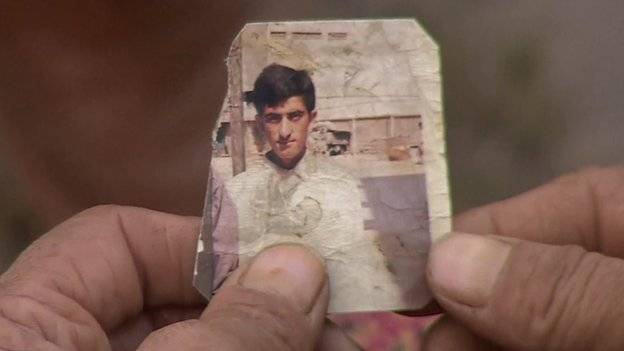The establishment of military courts and the lifting of the moratorium on the death penalty are rightly viewed as a knee-jerk reaction to a terrible tragedy rather than a policy decision taken after prolonged deliberation, but the ever increasing ambit of both is revealing a dangerous pattern – perhaps premeditated – that not only sees the aggravation of the civil-military imbalance but also serves as a source of gross injustice.
The Interior Ministry on Tuesday directed provincial governments to proceed with hangings for prisoners who had exhausted all avenues of appeal and clemency, completely lifting the moratorium and going back on its forceful assertions that the death penalty was only going to be given in ‘terrorism cases’. One can understand, not support, the logic behind a partial lifting of the moratorium in the wake of recent events, yet there is absolutely no reason for completely lifting it. The government offers no explanation on this u-turn in policy. Meanwhile, the military courts, set to start trial proceedings in the coming week, have yet to concretely define their jurisdiction. Their claim that they will try only “jet black terrorism cases” is not comforting at all; it is not a legally binding restriction, having been mentioned in just a press conference. Even if it was officially declared that the military courts can try only terrorism cases, the nebulous definition of terrorism, and the way our courts have treated it renders it meaningless – powerless to check military power. The recently issued black warrant for Shafqat Hussain demonstrates the inherently flawed nature of ‘terrorism’ as a legal benchmark, and lays bare the inadequacy of our justice system. Hussain, a juvenile, was convicted of kidnapping and murder at the age of 14 under terrorism charges based on the flimsiest of evidence, while Mumtaz Qadri, who murdered a politician – his employer – in broad daylight, and proudly declaims his religio-political motivations was not.
The result of all this is that military courts, sold to the enraged and desperate public as a surgical tool to be used against terrorism, have the potential to turn into a parallel justice system, delivering quick retribution to the military’s foes. Already politicians are calling for the Baldia fire incident to be tried under military courts and the Rangers are stepping up activity in Karachi. Unlike previous instances where the courts where instituted through a presidential ordinance, this one has been worked into the constitution itself. It is highly possible for the military to invoke some doctrine of necessity or another to prolong the time period and Supreme Court can do little about it. Caught in the middle of this power play are the 8,000 inmates on death row, people like Shafqat Hussain, many of them victims of a broken legal system; now consigned to a fate which offers no return.
Saturday, April 20, 2024
Injustice Reigns

Barbados officially recognizes Palestine as state
1:27 PM | April 20, 2024
Watercourse project to help increase crop yields in Punjab
12:57 PM | April 20, 2024
817 held for selling Roti at higher rate in 5 days
April 20, 2024
Policitising Tragedy
April 20, 2024
Tehran to Rafah
April 20, 2024
A New Leaf
April 20, 2024
A Tense Neighbourhood
April 19, 2024
Dubai Underwater
April 19, 2024
Dangers of Deepfakes
April 20, 2024
Feudalism
April 20, 2024
Kite tragedy
April 19, 2024
Discipline dilemma
April 19, 2024
Urgent plea
April 19, 2024
ePaper - Nawaiwaqt
Advertisement
Nawaiwaqt Group | Copyright © 2024





